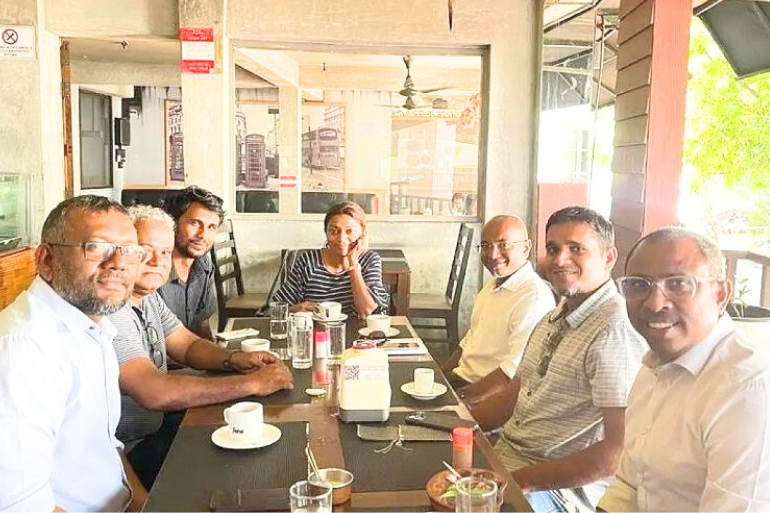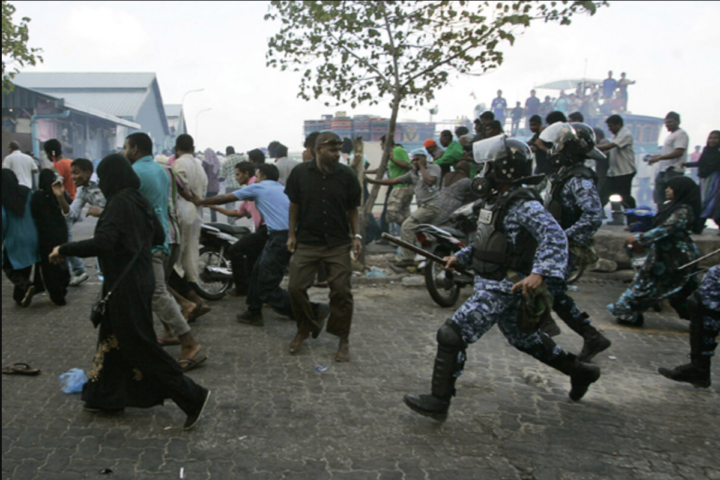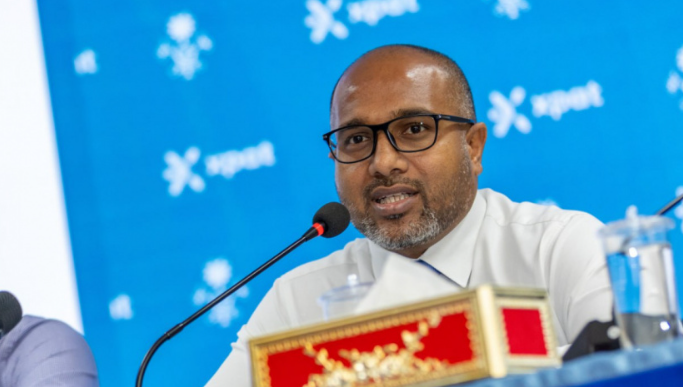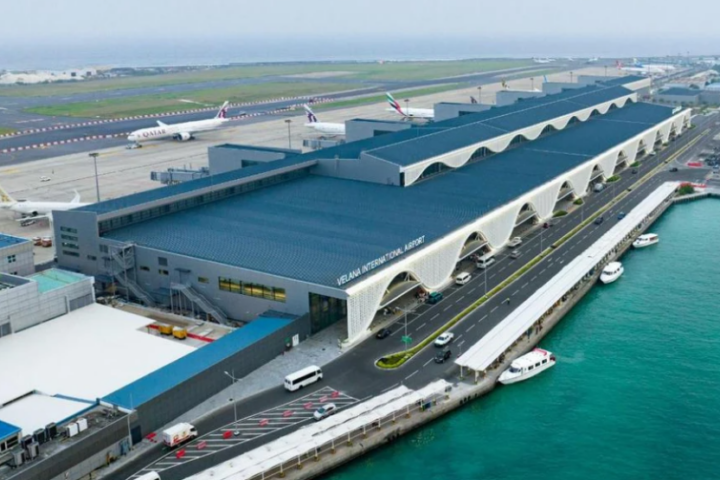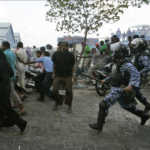This intriguing photo has ignited a political storm in the Maldives, though its impact fell short of breaking the internet. Some attribute the subdued reaction to a pervasive sense of fatigue with democratic exercises within society.
In the snapshot, two opposing camps from the presidential election unexpectedly found common ground to counter the government. On the left are the parties that faced opposition from the Democrats, and while they may be on the right, they are not always right.
A seasoned US diplomat, drawing from his experiences in South Asia and interactions with Maldivian politicians, offered a perspective that resonates with this photo’s political narrative. He remarked that Maldivian politics is best left to the Maldivians themselves. Foreseeing internal bickering as a means for the nation to autonomously resolve its issues, he made this insightful observation during the pivotal moment of Nasheed’s resignation and subsequent political turbulence.
The diplomat suggested that Maldivian politicians would engage in disagreements but ultimately find a way to mend things on their own.
In an unexpected turn of events, politicians from the Maldivian Democratic Party (MDP) and the Democrats, sharing the same ideology but with different interests, found common ground over a cup of coffee. Their ‘Coffee Meyzu Salla’ stirred discomfort among onlookers and grassroots participants already engaged in a war of words during the presidential election. The camaraderie between MDP chair Fayaz Ismail and figures like Hassan Latheef, along with the naughty boy of politics, MP Ali Azim from Medhuhenveiru, became a focal point of discussion.
Despite prevailing voter fatigue, Ali Azim continues to enjoy popularity, especially among the older generation of experienced voters. Known for his single-mindedness, Azim once proposed a controversial strategy during the election – urging those who opposed Solih to vote for Dr. Muizzu and subsequently impeach him once in office. This premature idea gained traction during Dr. Muizzu’s political honeymoon but was ultimately thwarted, signaling the resilience of power politics.
When TruthMv asked Ali Azim if the ‘Coffee Meyzu Salla’ aimed to orchestrate the undemocratic act of impeaching the president, he categorically denied any discussion on the matter. He emphasized that the dreadful “i” word was not brought to the table at all.
Delving into their discussions, Ali Azim clarified that the focus was on constitutional changes. The proposed amendments included maintaining a constant number of MPs, preventing an increase in Majlis seats, regulating government-owned companies, limiting the creation of political posts, and postponing parliamentary elections until after Ramadan. The government’s need to balance foreign relations with neighboring countries was also part of the discussions.
Efforts to obtain comments from the participating MDP side were unsuccessful, as calls went unanswered.
In response to discussions about a joint constitutional amendment, Special Advisor to the President Abdul Raheem Abdulla dismissed any perception of a weak government. He labeled the initiative as an attempt by the MDP and Democrats to obstruct the government’s functioning. Abdul Raheem asserted that President Dr. Muizzu’s government, backed by the majority vote, remains resolute and is not easily swayed by opposition tactics.
Addressing the opposition’s concerns about limiting political positions, Abdul Raheem reaffirmed the President’s constitutional powers. He argued that even if laws were to restrict such positions, the Constitution provides the President with the authority to navigate such challenges. Contrary to the opposition’s claims, he insisted that the opposition’s obstruction of the presidency is not due to a burden upon the exchequer.
